Diplomats across the Middle East were working on Monday to manage rising tensions between Israel and Iran, as fears grew of a broader regional conflict following the killing of senior Hamas leader Ismail Haniyeh on Iranian soil. The escalating Israel-Hamas conflict in Gaza has heightened these concerns among Arab and American officials.
Israel has not publicly taken responsibility for Haniyeh's killing, but Iran and Hamas have both blamed Israel, and U.S. intelligence assessments support this conclusion. Israel's Defense Minister Yoav Gallant, during a visit to a military command center, emphasized the need for readiness, stating, "We must be prepared for anything — including a swift transition to offense."
The Israeli government indicated that Gallant had briefed U.S. Defense Secretary Lloyd J. Austin III on Israel's preparedness against potential threats from Iran and its proxies. In response to these threats, Austin had ordered more combat aircraft and missile-shooting warships to the Middle East.
Prime Minister Benjamin Netanyahu warned that Israel would "exact a heavy price for any act of aggression against us, from whatever quarter," as threats loomed not only from Iran but also from allied groups like the Houthis in Yemen and Hezbollah in Lebanon. Cross-border fire between Hezbollah and Israel continued, with an Israeli airstrike killing two people in southern Lebanon.
In anticipation of potential attacks, U.S. Central Command’s Gen. Michael Erik Kurilla visited Israel to discuss regional joint preparations. President Biden convened his national security team and discussed de-escalation efforts with King Abdullah II of Jordan.
Secretary of State Antony J. Blinken emphasized the need for all parties to refrain from escalation and to ease tensions. Jordan's Foreign Minister Ayman Safadi traveled to Tehran for discussions with his Iranian counterpart, aiming to mitigate the rising tensions.
Islamic foreign ministers are set to meet in Saudi Arabia to address the ongoing violence, including Haniyeh’s killing. The meeting, requested by Iran, aims to discuss the situation and likely rebuke Israel's actions.
Meanwhile, a rocket attack targeting U.S. personnel at Ain al Asad Air Base in Iraq injured several American troops. This attack, resembling previous assaults by Iran-backed groups, intensified after the Israel-Hamas conflict escalated. President Biden and Vice President Kamala Harris were briefed on the incident and are considering steps to defend U.S. forces and respond to any attacks.
The killing of Haniyeh and fears of retaliatory violence have started pushing Gulf governments closer to Iran. The UAE's senior adviser Anwar Gargash expressed condolences to Haniyeh's family and stressed that stability can only be achieved through justice, wisdom, and dialogue.
Saudi Arabia's re-establishment of relations with Iran last year and the upcoming meeting in Jeddah of Islamic foreign ministers may showcase a shift towards de-escalation and a unified stance against further violence.



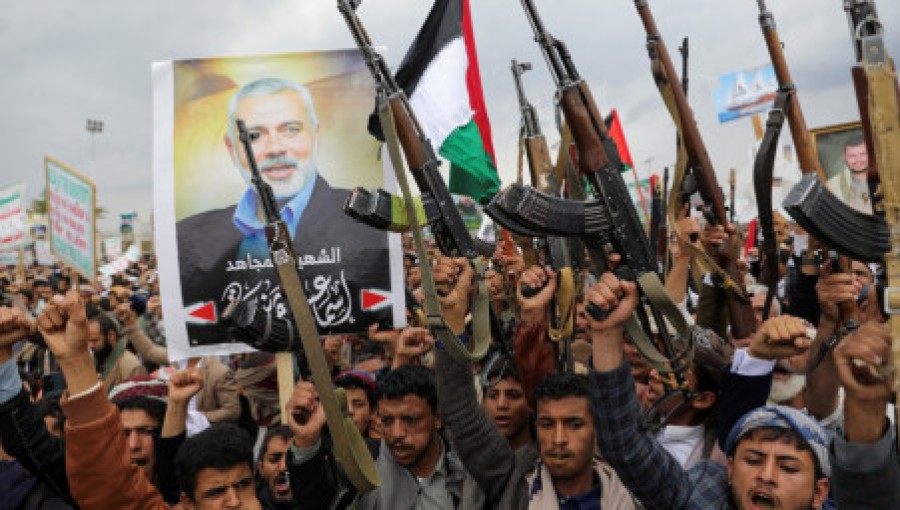
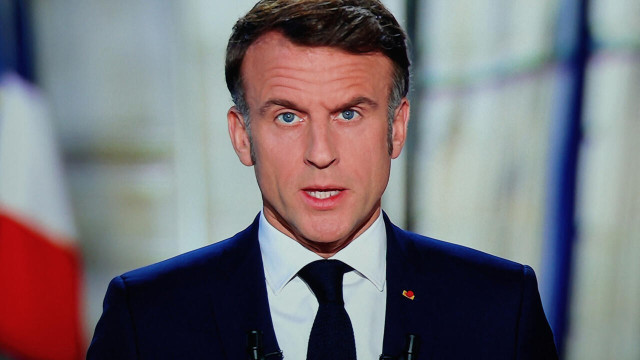
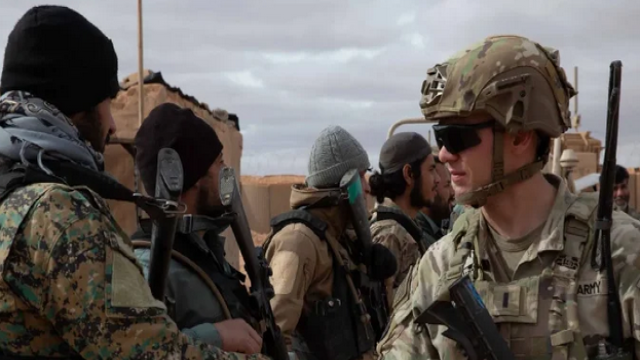

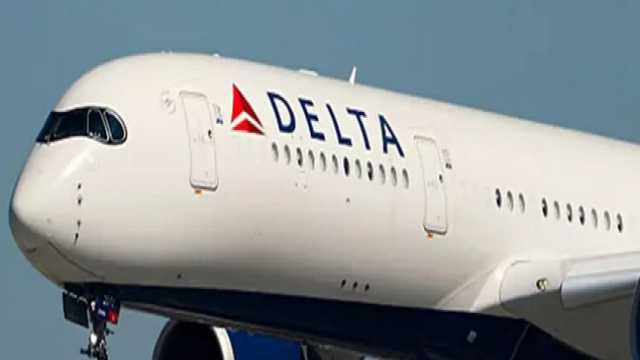



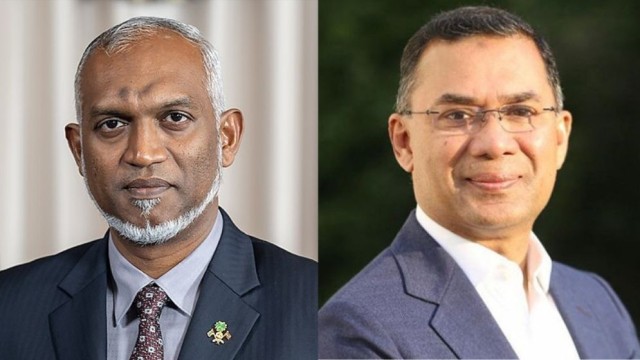
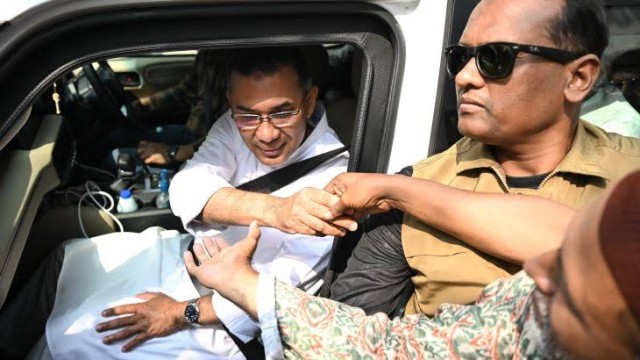


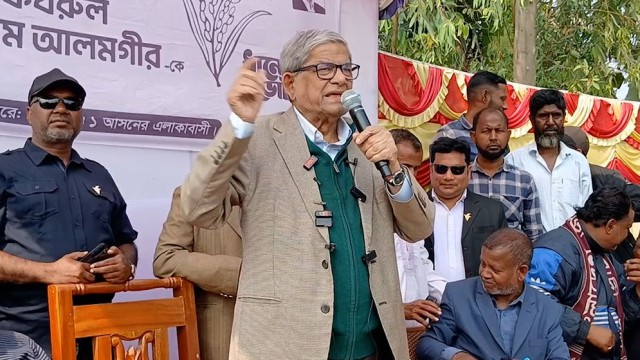















Comment: